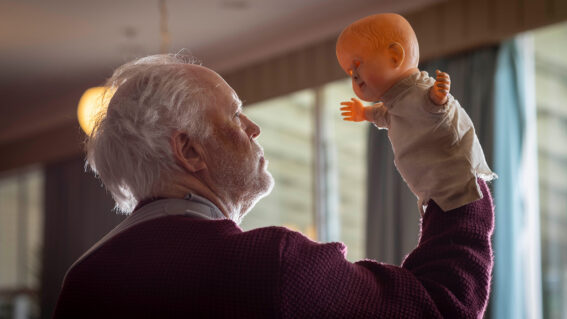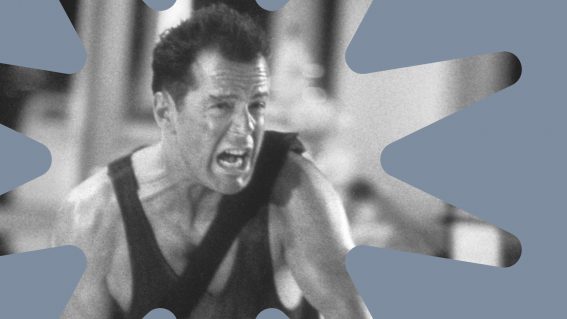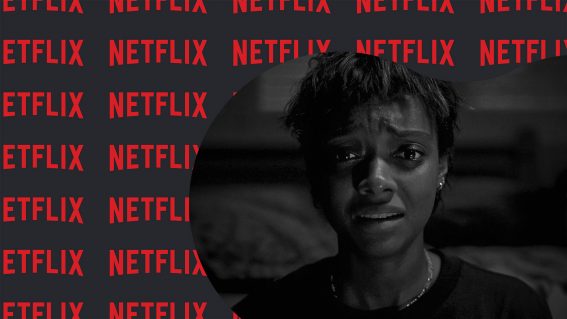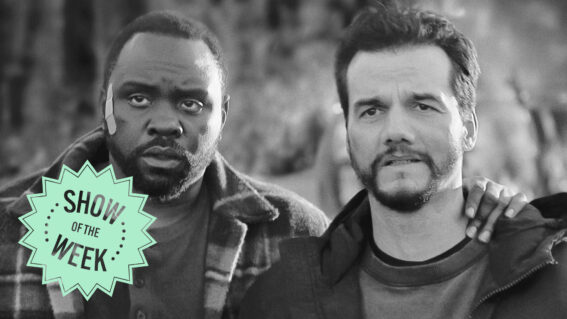Netflix’s interactive romcom had me following my lame and predictable heart
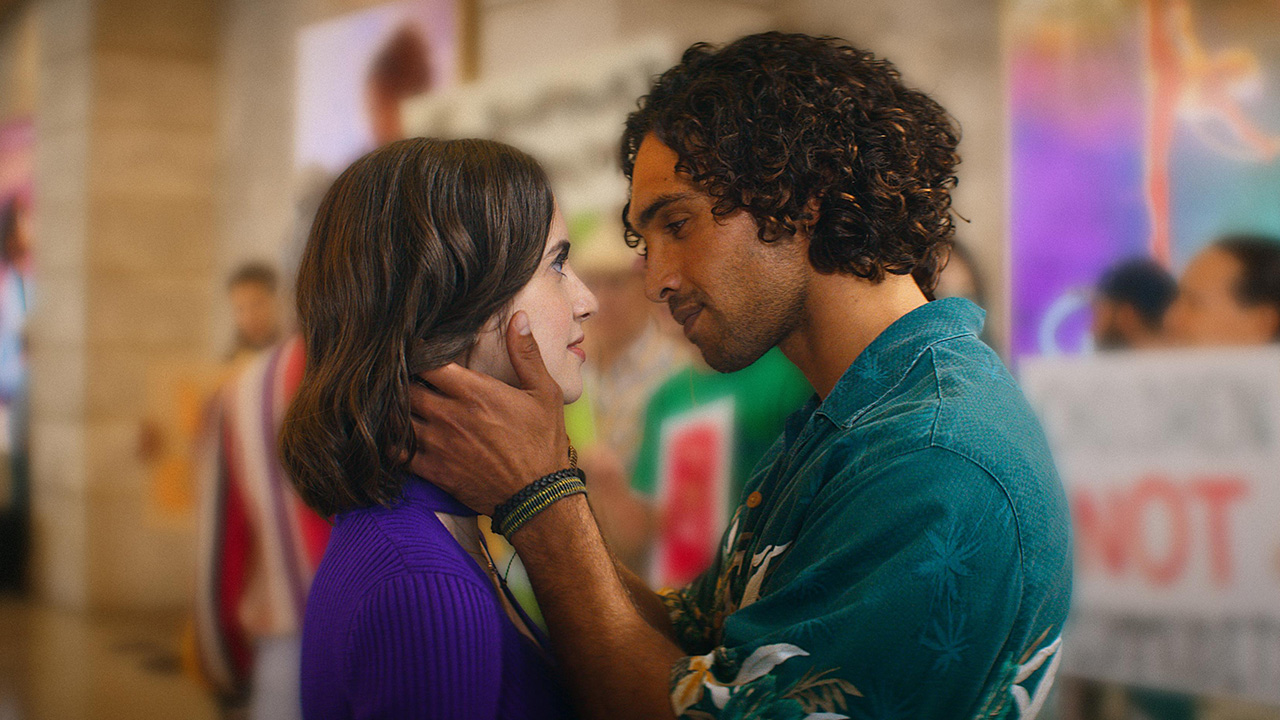
Choose Love not only adds to Netflix’s growing library of romance rubbish, but it also dares to be interactive. Liam Maguren gave it a go and chose a healthy relationship, followed by absolute chaos.
THE FOLLOWING CONTAINS SPOILERS FOR PRETTY MUCH EVERY STORYLINE.
“Don’t get me wrong: I have a great life,” Cami declares right before her big tarot card reading. So begins Netflix’s Choose Love, an interactive rom-com that lets the viewer make key decisions for the main character of a purposely corny love movie.
Laura Marano plays said woman with said great life who nonetheless is open to sabotaging her three-year-long relationship because the cards told her so. Or, because you tell her so, as per the power given to the viewer to decide if Cami should stay with her current partner or pursue a fling with one of two other dudes.
Netflix already has a bunch of traditional titles in the strangely beloved rubbish romance genre with Love in the Villa, Falling Inn Love, and The Royal Treatment (also starring Marano). And just like its predecessors, you kind of have to know what you’re getting yourself into when starting Choose Love. Sitting somewhere between an elevated Hallmark movie and a bargain bin Fleabag, the film’s unchallenging plot and spit-shined production fits right into the genre, despite how it dares to be different by lightly gamifying the experience.
It’s a promising premise. Part of the appeal of predictable trash is the predictability, so giving the audience the power to subvert the story could add a whole new dimension to the formula. Marano does her best with the format, keeping a lively and bright-eyed energy whenever she directly addresses the viewer during a ‘pick your poison’ moment.
The first choice felt innocuous: the fortune teller asked if Cami wanted the good news or the bad news? Keen to head straight into conflict, I chose the bad news, to which I was immediately presented with an ‘Undo Choice?’ button. Not today, Netflix. I’m going all in.
Proper conflict came a few scenes later when Cami/I decided to tell her nephew to stand up to a bully. The kid proceeds to karate punch the shit out of the other child, and thus, ended up being the best decision I made throughout the entire film. This is partly because that scene comes hilariously out of nowhere, and partly because I followed my lame and predictable heart for the rest of the film.
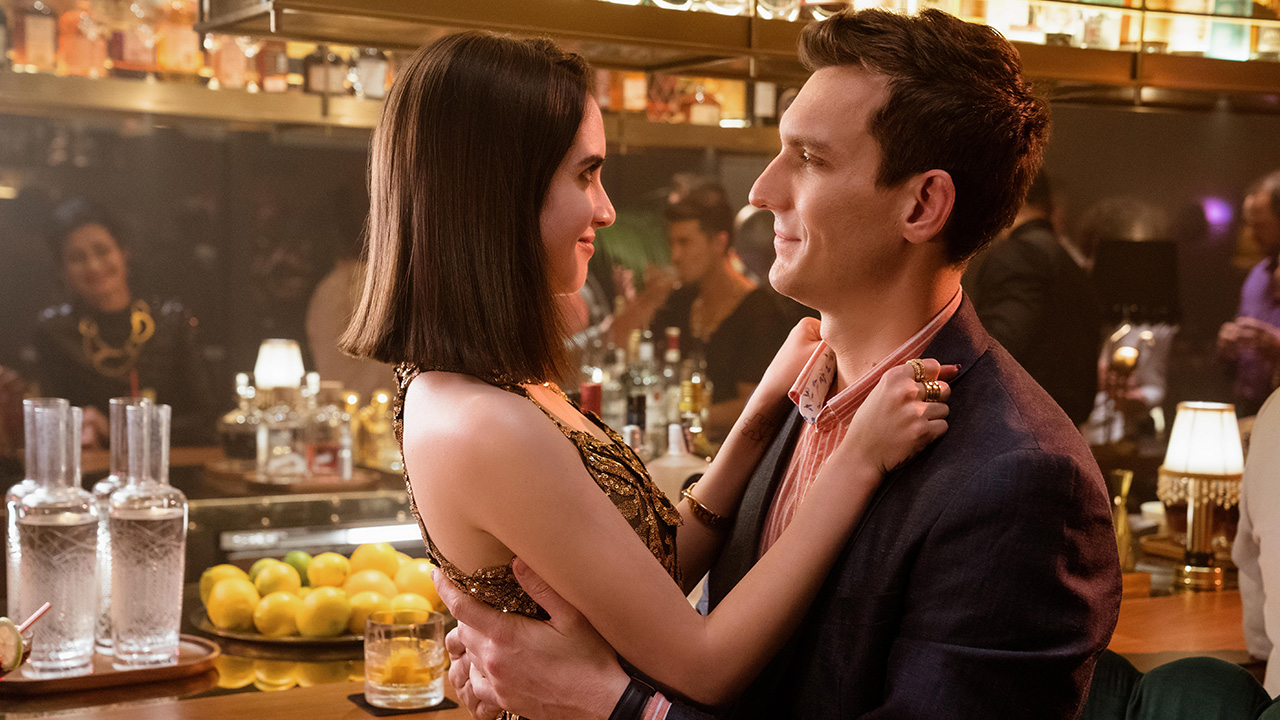
Cami and Paul
To cut it all short, I regrettably said no to smokin’ hot vegetarian activist Jack (Jordi Webber) and happily said no to the slightly suss but also smokin’ hot musician Rex (Avan Jogia) to stay true to adorkable boyfriend Paul (Scott Michael Foster).
Where did my decisions lead? To a lame and predictable story with a synopsis that would read: A woman with a great life, solid job, and devoted boyfriend discovers she has a great life, solid job, and devoted boyfriend.
Initially, I couldn’t blame Choose Love for this anti-climax when so much of the narrative’s trajectory supposedly relied on me, a happily married movie nerd who perhaps unconsciously tried to mould this tacky trash into Celine Song’s artful Past Lives. Still, I was dedicated to making this my one and only playthrough, surrendering my choices to fate.
But then Cami had to literally say: “I’m not going to change my mind… but you might.”
Game on, Cami.
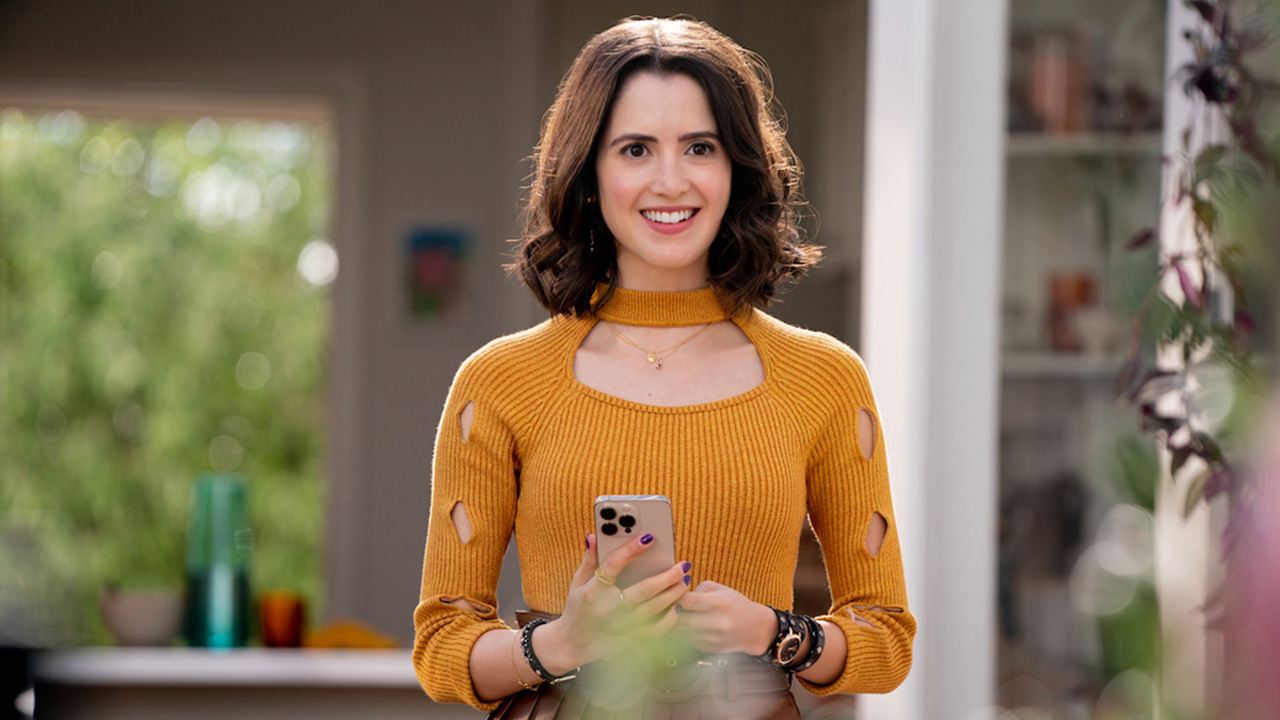
I went back to the start and attempted a Phoebe Waller-Bridge run: going against all my empathetic instincts and indulging in all the irresponsible ones. How quickly could I sink Cami’s three-year relationship? How badly could I torpedo her career as a recording engineer? Can I go the full Bandersnatch and fight a therapist?
To my great frustration, the second run exposed Choose Love‘s low ambitions for its otherwise ambitious idea. The majority of your choices don’t bear significant consequences to the story, with Cami’s life more-or-less heading along the same line no matter what you do. A dream sequence in the third act appears to be the only choice that truly matters, a move that brings to mind the infamous Mass Effect 3 controversy of 2012.
(Yes, I am probably the only writer on Earth to compare Choose Love to Mass Effect 3.)
Alas, I pressed on. Cami hooked up with Rex and sang his dog shit pop song with him in Vegas, effectively giving up a loving long-term relationship to pursue an impulse with a guy she just met. Consequences be damned; Cami never looked happier.

Cami and Rex
Thinking I may as well clock this choose-your-own-hunk adventure, I reversed time once more to shack up with smokin’ hot vegetarian activist Jack. Unfortunately, most of the sexual tension dissipated in one painfully dull road trip to a protest line. Whatever tension remained got soaked up by dry sponge Paul, who hijacked the ending to tell me—the audience—off for choosing a semi-stranger just because he’s really good-looking. Where the fuck were you, Paul, when Cami was performing Rex’s boiled piss of a love ballad?
To be fair, the endings with Rex and Jack added more weight to the story than my first run with Paul (AKA The Lame Run), but they also point to Choose Love’s biggest problem—there are no significantly bad consequences. Any choice-based experience, no matter how silly or serious, require bad consequences for decisions to matter. Otherwise, there are no risks, and any tension derived from making a decision ends up being deceitful.
That’s a shame because my first run genuinely provoked me into some kind of self-congratulatory reflection, feeling like I avoided minefields. With more ambition and self-awareness, Choose Love could have built on this by venturing into more novel and daring territories—a kind of litmus test of love and lust. As it stands, it all ends up feeling like a glorified DVD from the mid-2000s, where the “choices” are little more than deleted scenes and alternate endings.


